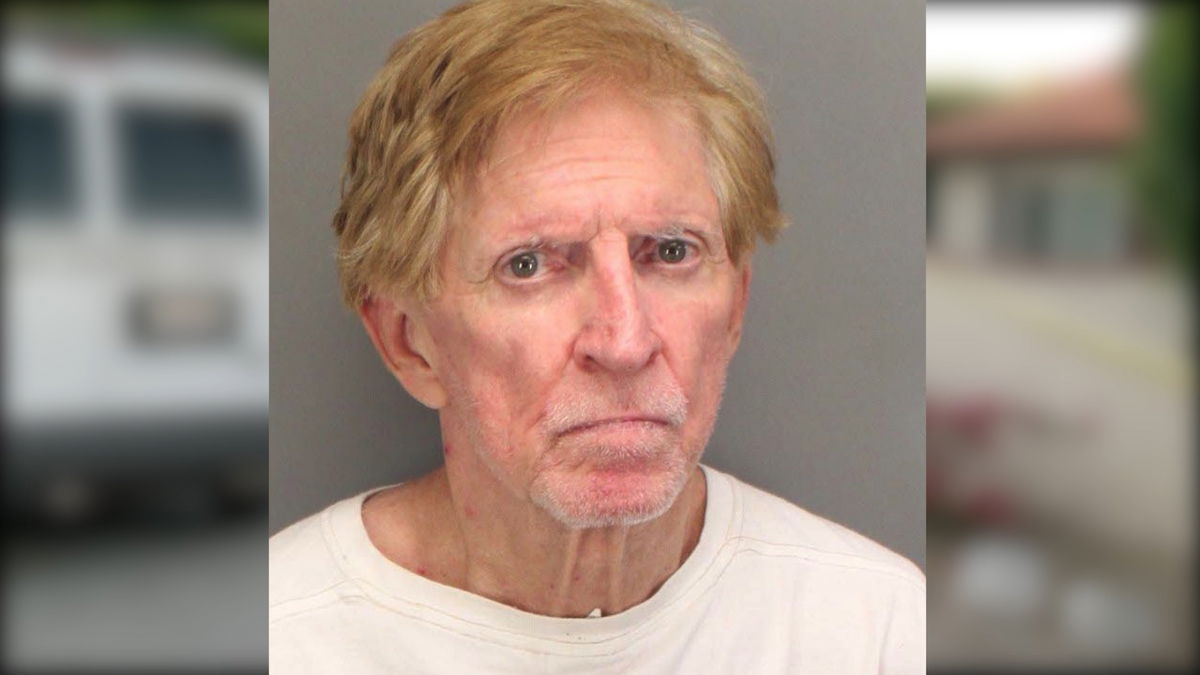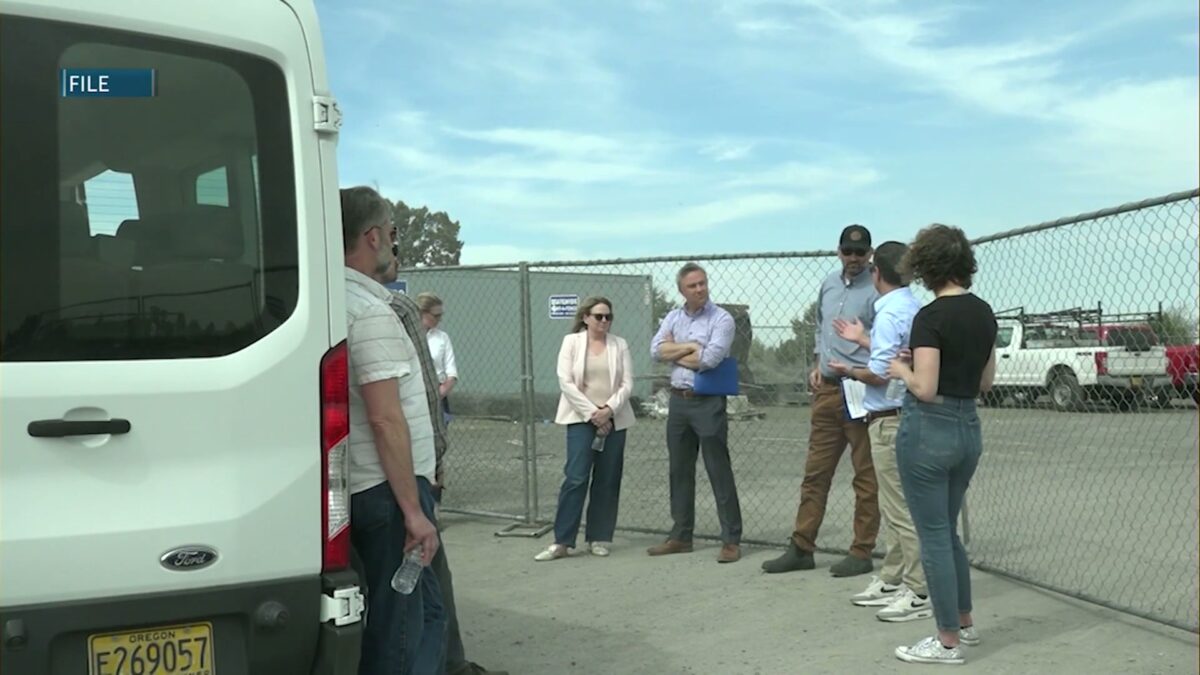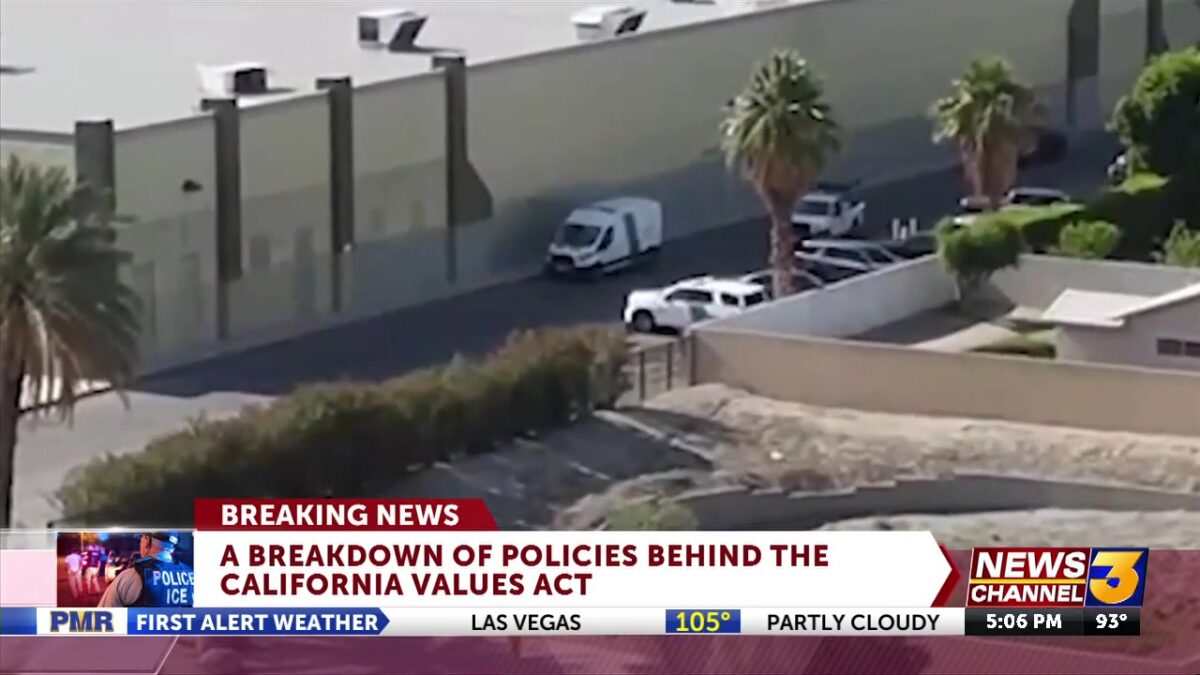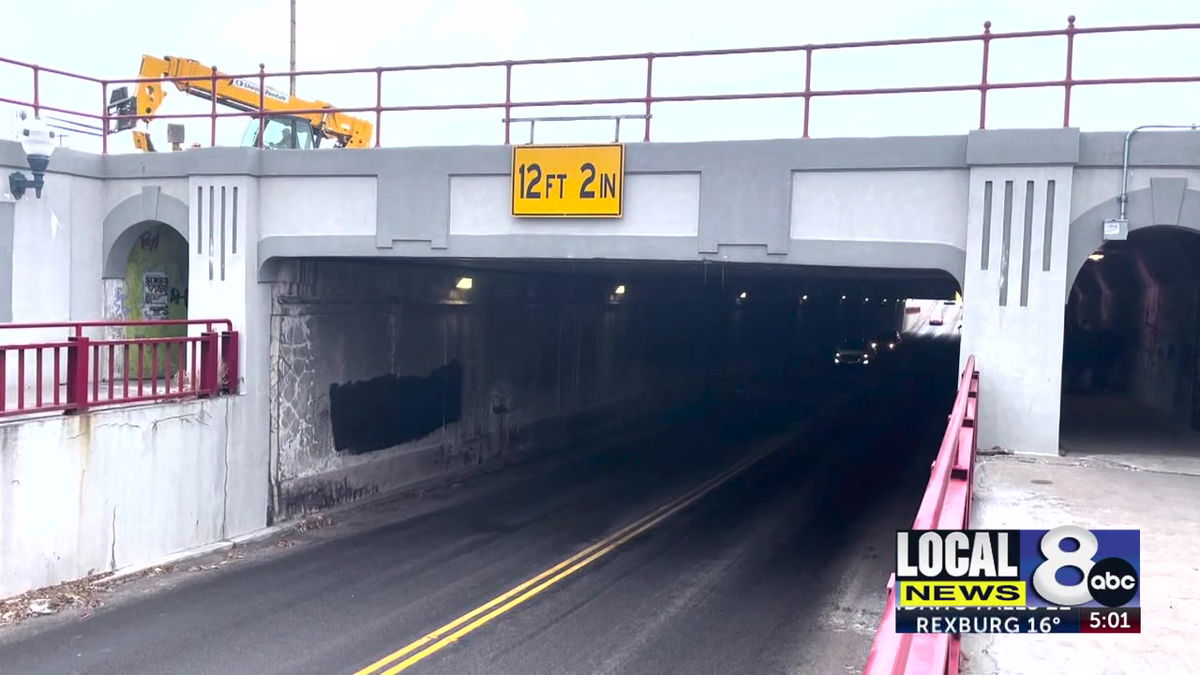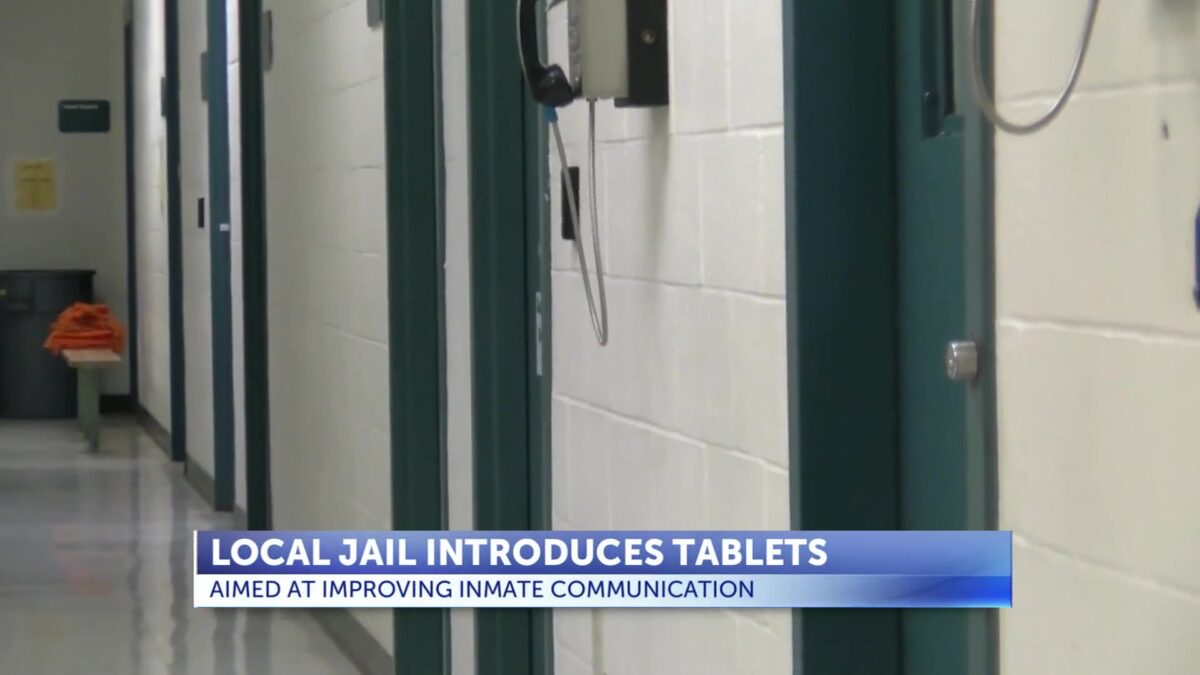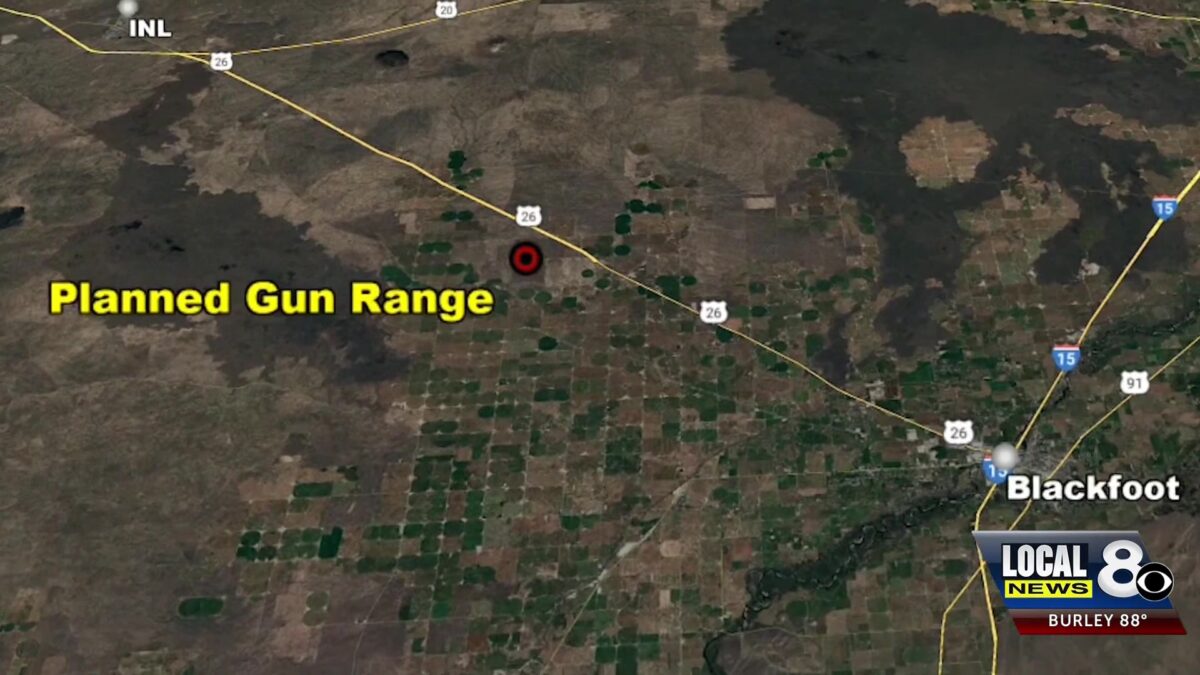82-year-old man sentenced to 15 years to life for killing Palm Springs woman
Jesus Reyes
BANNING, Calif. (KESQ) – An 82-year-old man convicted of killing a 75-year-old woman in Palm Springs six years ago was sentenced to 15 years to life on Monday.
Last month, Stephen Roy McKernan was found guilty of second-degree murder in the killing of Claire Carsman at her Palm Springs home in 2019. The jury also found true a sentence-enhancing charge of using a deadly weapon in the commission of a felony.
The jury deliberated for three days before convicting McKernan.
During his closing statement, Riverside County Deputy District Attorney Steven Sorensen acknowledged, “We don’t know why Mr. McKernan did it.”
But the prosecutor said testimony in the two-week trial had revealed there were political differences between the defendant and victim — she a Democrat, he a Republican.
“She was watching one of her TV shows, and they bickered,” Sorensen said. “He had a sadistic reason.”
According to testimony, McKernan had known Carsman and her husband, whose identity was not disclosed, for years, and the couple invited him to stay with them in April 2019.
In the early afternoon of April 22, the victim’s spouse headed to an area casino to gamble, as was his habit, leaving his wife and McKernan alone at the single-story residence at 360 W. Pico Road, near Zanjero Road.
Sorensen said nothing was amiss until 5:53 p.m., when the man received a rapid succession of four calls from McKernan in under 10 minutes, all of which he missed.
One of the voicemail messages was replayed for the jury, during which McKernan was heard saying, “It’s a nightmare you’ve never been in your life. I need you to stay away so you’re not in any danger. We got attacked. We need your attorney. Jesus Christ.”
McKernan then called 911, telling the dispatcher, “We had a break-in. I think someone is dead.” Carsman’s husband and the police arrived to find a grisly scene.
“She was bludgeoned,” Sorensen said, adding that blood spatter covering the defendant’s clothes indicated he “had to hold the barstool facing Mrs. Carsman.”
The defense countered during closing arguments last week that investigators could never determine whathad transpired, or whether Carsman and McKernan were the only ones in the house at the time of the crime.
Selyem pointed to reports three vehicles were parked near the residence when McKernan called police on the afternoon of April 22, 2019, but none of them were checked.
The attorney emphasized that his client was wearing a cast while healing from a broken arm, leaving him unable to lift heavy objects, like the bar stool that investigators confirmed had been used in the deadly assault.
“He drank wine, a quantity not known even to him, and he was taking Ativan,” Selyem told the jury.
Ativan is used to treat anxiety disorders and can lead to drowsiness.
The defense criticized detectives’ crime log from the scene, calling it a “disaster.”
“There are questions that have not been answered,” he said, referring particularly to “questionable” DNA evidence suggesting another person was in the victim’s residence, corresponding to McKernan’s initial statement that somebody had broken into the property.
Selyem said his client suffered cognitive impairment from a stroke, and he had an affinity for alcoholic beverages, but he was known as a “happy drunk.”
“He was safe around Mrs. Carsman,” the attorney said, dismissing the prosecution’s allegation that a disagreement over a news program may have ignited a conflict that turned fatal.
“He was not capable of forming intent,” Selyem said.
McKernan has no documented prior felony convictions in Riverside County.
